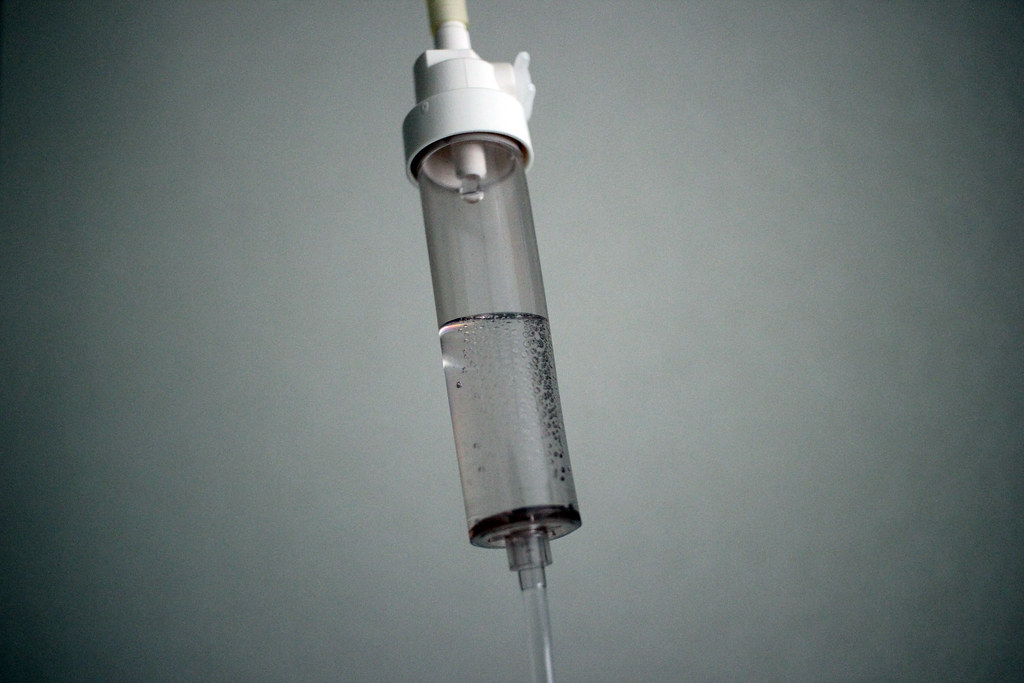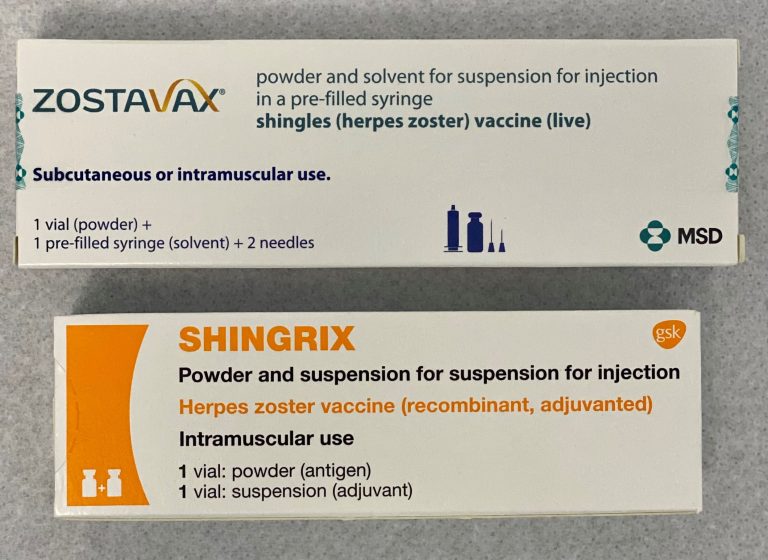GSK plc (LON/NYSE: GSK) has announced that the European Medicines Agency (EMA) validated the Company’s Type II Variation for a potential new indication for Jemperli (dostarlimab) in combination with chemotherapy for the treatment of adult patients with a type of gynaecological cancer known as mismatch repair deficient (dMMR)/microsatellite instability-high (MSI-H) primary advanced or recurrent endometrial cancer. As a result, the EMA’s Committee for Medicinal Products for Human Use will begin the formal review process to make a recommendation to the European Commission regarding marketing authorisation for the potential new indication.
The regulatory submission is based on the interim results of the RUBY/ENGOT-EN6/GOG3031/NSGO phase III trial. The trial met its primary endpoint of investigator-assessed progression-free survival, showing a statistically significant and clinically meaningful benefit versus placebo plus chemotherapy in patients treated with dostarlimab plus carboplatin-paclitaxel in the dMMR/MSI-H population. In addition, the safety and tolerability profile of dostarlimab in combination with carboplatin-paclitaxel was generally consistent with the known safety profiles of the individual agents. The results were presented on 27 March 2023 at a European Society for Medical Oncology Virtual Plenary and the Society of Gynecologic Oncology Annual Meeting and simultaneously published in The New England Journal of Medicine.
Hesham Abdullah, Senior Vice President, Global Head of Oncology Development, GSK said: “New treatment options are urgently needed for patients with primary advanced or recurrent endometrial cancer. With this initial filing, we are accelerating the submission of a potential new indication for dostarlimab in the patient population that demonstrated the strongest treatment effect in the RUBY phase III trial. These patients currently face significant unmet medical needs, and this combination could change the treatment paradigm for this condition. The RUBY phase III trial continues to follow patients for the dual-primary endpoint of overall survival in the intent-to-treat population.”
GSK expects US regulatory filing review based on the RUBY Phase III trial results to occur in the first half of 2023.
About endometrial cancer
Endometrial cancer is found in the inner lining of the uterus, known as the endometrium. Endometrial cancer is the most common gynaecologic cancer in developed countries, with approximately 417,000 new cases reported each year worldwide, and incidence rates are expected to rise by almost 40% by 2040. Approximately 15-20% of patients with endometrial cancer will be diagnosed with advanced disease at the time of diagnosis.
About RUBY
RUBY is a two-part global, randomised, double-blind, multicentre phase III trial of patients with primary advanced or recurrent endometrial cancer. Part 1 is evaluating dostarlimab plus carboplatin-paclitaxel followed by dostarlimab versus carboplatin-paclitaxel plus placebo followed by placebo. Part 2 is evaluating dostarlimab plus carboplatin-paclitaxel followed by dostarlimab plus niraparib versus placebo plus carboplatin-paclitaxel followed by placebo. The primary endpoints in Part 1 are investigator-assessed PFS based on the Response Evaluation Criteria in Solid Tumours v1.1 and OS. The statistical analysis plan included pre-specified analyses of PFS in the dMMR/MSI-H and ITT populations and OS in the overall population. Pre-specified exploratory analyses of PFS in the MMRp/MSS population and OS in the dMMR/MSI-H populations were also performed. RUBY Part 1 included a broad population, including histologies often excluded from clinical trials and had approximately 10% of patients with carcinosarcoma and 20% with serous carcinoma. In Part 2, the primary endpoint is investigator-assessed PFS. Secondary endpoints in Part 1 and Part 2 include PFS per blinded independent central review, overall response rate, duration of response, disease control rate, patient-reported outcomes, and safety and tolerability.
About Jemperli (dostarlimab)
Jemperli is a programmed death receptor-1 (PD-1)-blocking antibody that binds to the PD-1 receptor and blocks its interaction with the PD-1 ligands PD-L1 and PD-L2.
Jemperli is not approved anywhere in the world for use in combination with standard-of-care chemotherapy (carboplatin-paclitaxel) followed by dostarlimab for primary advanced or recurrent endometrial cancer. In the US, Jemperli is approved for adult patients with mismatch repair deficient (dMMR) recurrent or advanced endometrial cancer, as determined by a US FDA-approved test, that has progressed on or following a prior platinum-containing regimen in any setting and are not candidates for curative surgery or radiation. Jemperli is also indicated in the US for patients with dMMR recurrent or advanced solid tumours, as determined by a US FDA-approved test, that have progressed on or following prior treatment and have no satisfactory alternative treatment options. The latter indication is approved in the US under accelerated approval based on tumour response rate and durability of response. Continued approval for this indication in solid tumours may be contingent upon verification and description of clinical benefit in a confirmatory trial(s).
Jemperli was discovered by AnaptysBio, Inc. and licensed to TESARO, Inc., under a collaboration and exclusive license agreement signed in March 2014. The collaboration has resulted in three monospecific antibody therapies that have progressed into the clinic. These are: Jemperli (GSK4057190), a PD-1 antagonist; cobolimab, (GSK4069889), a TIM-3 antagonist; and GSK4074386, a LAG-3 antagonist. GSK is responsible for the ongoing research, development, commercialisation, and manufacturing of each of these medicines under the agreement.
Important Information for Jemperli in the EU
Indication
Jemperli is indicated as monotherapy for treating adult patients with mismatch repair deficient (dMMR)/microsatellite instability-high (MSI-H) recurrent or advanced endometrial cancer that has progressed on or following prior treatment with a platinum-containing regimen.
Refer to the Jemperli EMA Reference Information for a full list of adverse events and the complete important safety information in the EU.









































